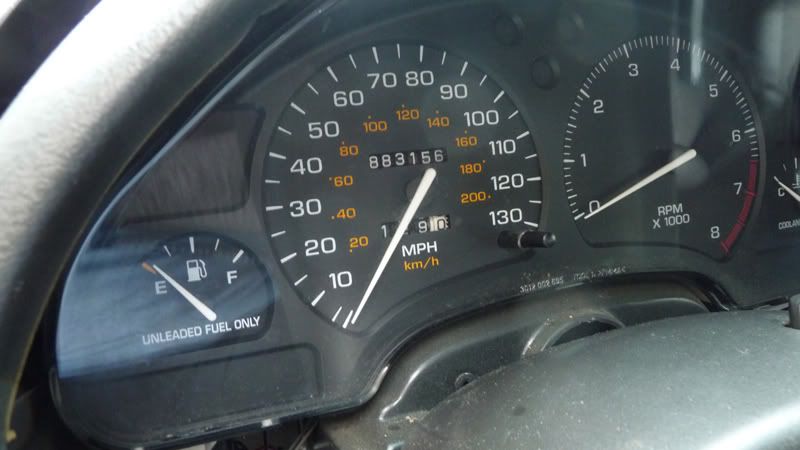Something that always fails to amuse me is the sheer number of cane-shaking luddites on here. Always reminiscing about the good ol days back when cars were unsafe, unreliable, and had no power. Take off the rose colored glasses for a minute.
Cars in the 80so and 90s weren't particularly well made or reliable. The 80s in particular was still in the "it's hit 100k and completely worn out" time period. They also were severely underpowered in general, and were in general unsafe when it comes to crashes. Modern cars are incredibly safe with much stronger frames, airbags, abs, etc. But even just looking at chassis improvements, you have an order of magnitude difference. But some people don't care about that. They don't care about fuel economy or emissions. They only want to gripe that cars were a lot better with carburetor and cap and rotor distributors. Cars of today, even with increasing complexity are in every single way, less repairability, better than cars in years past.





